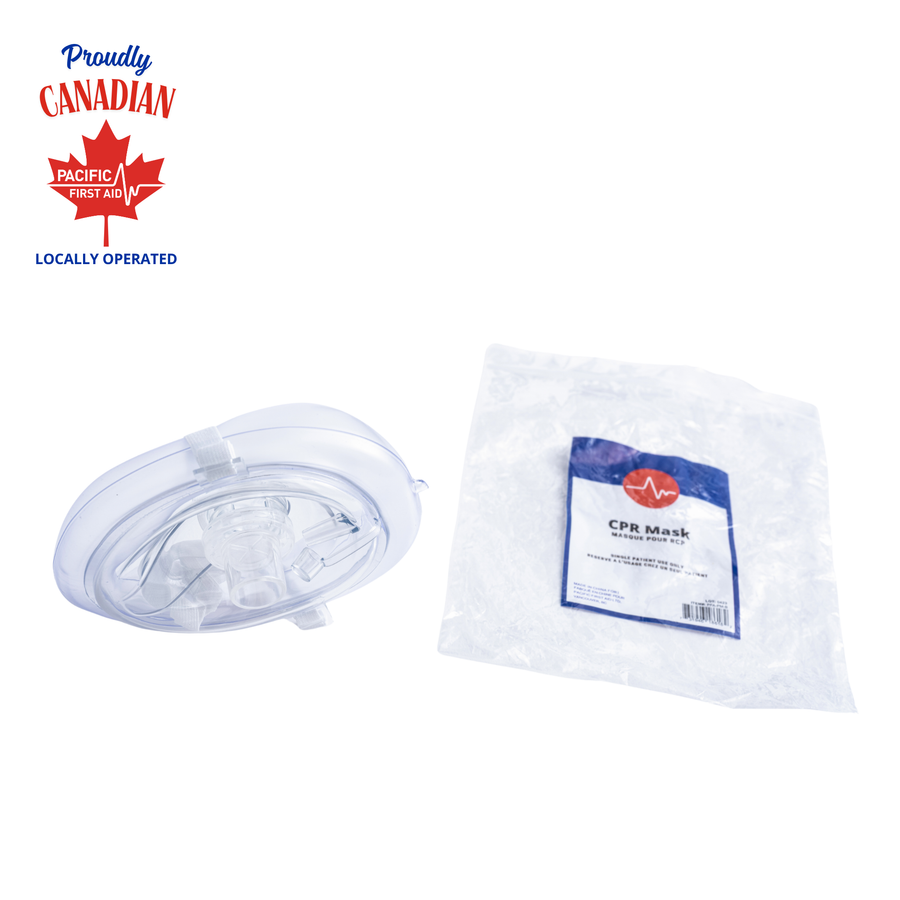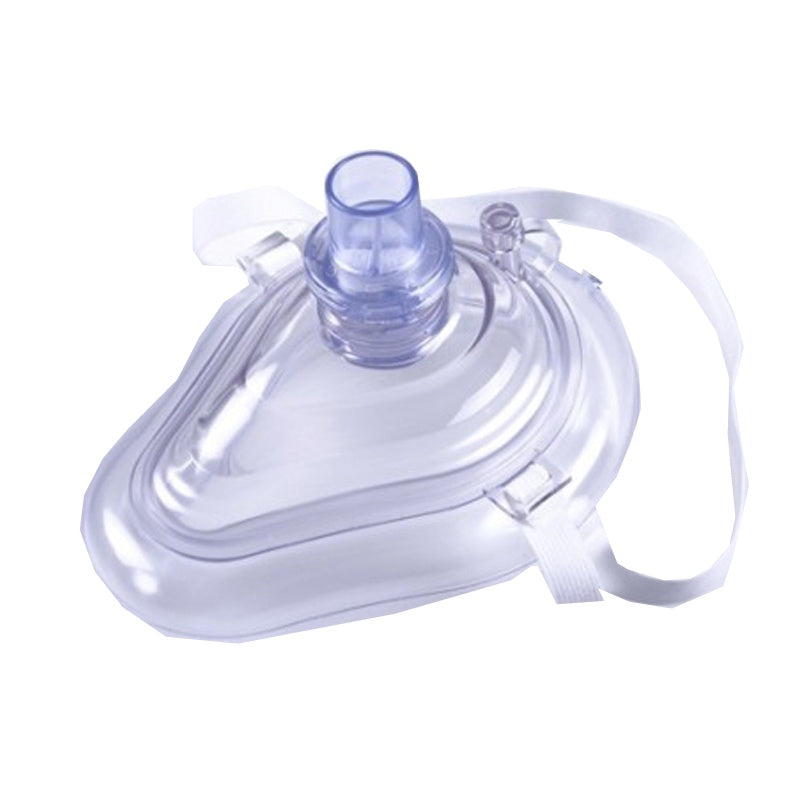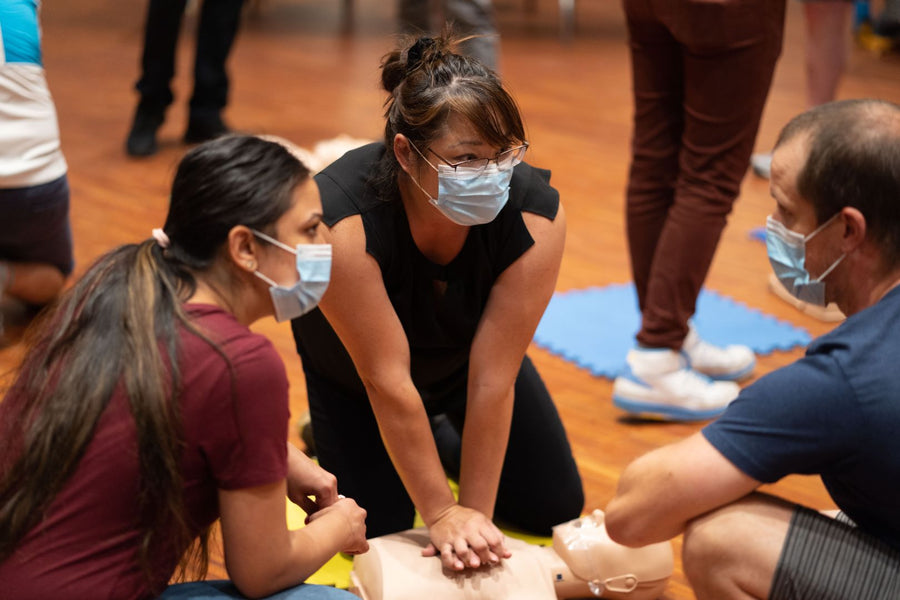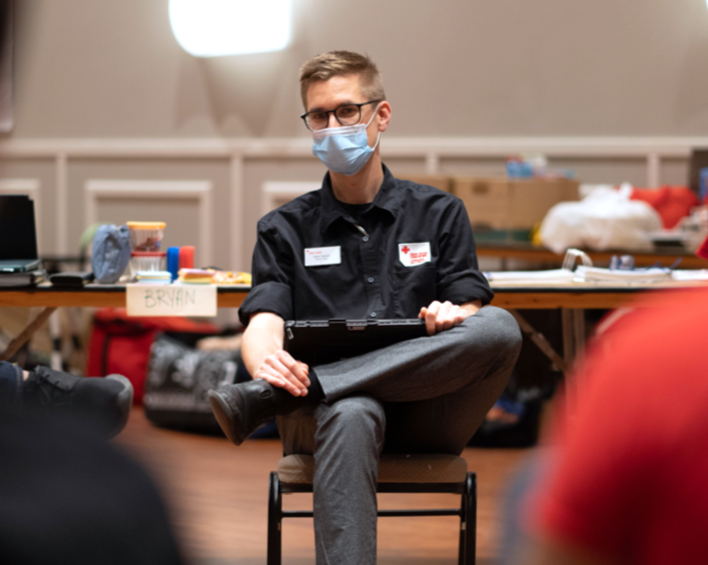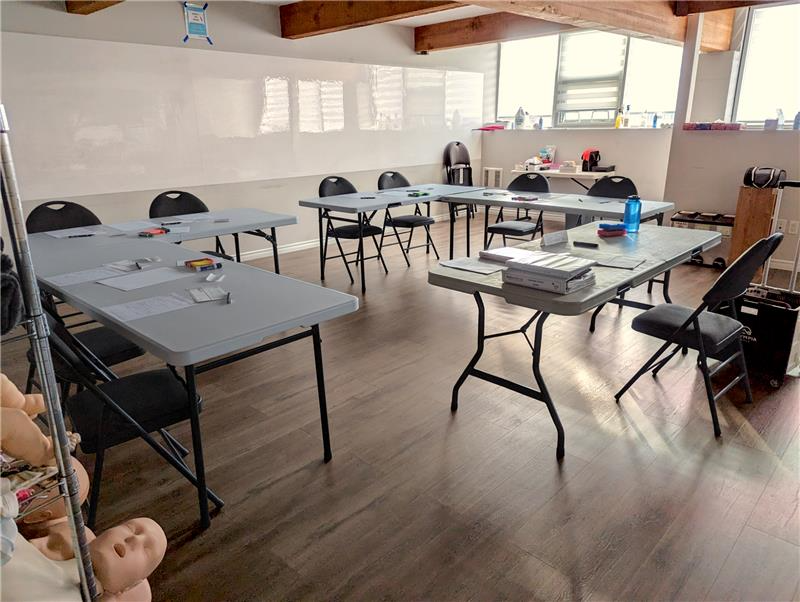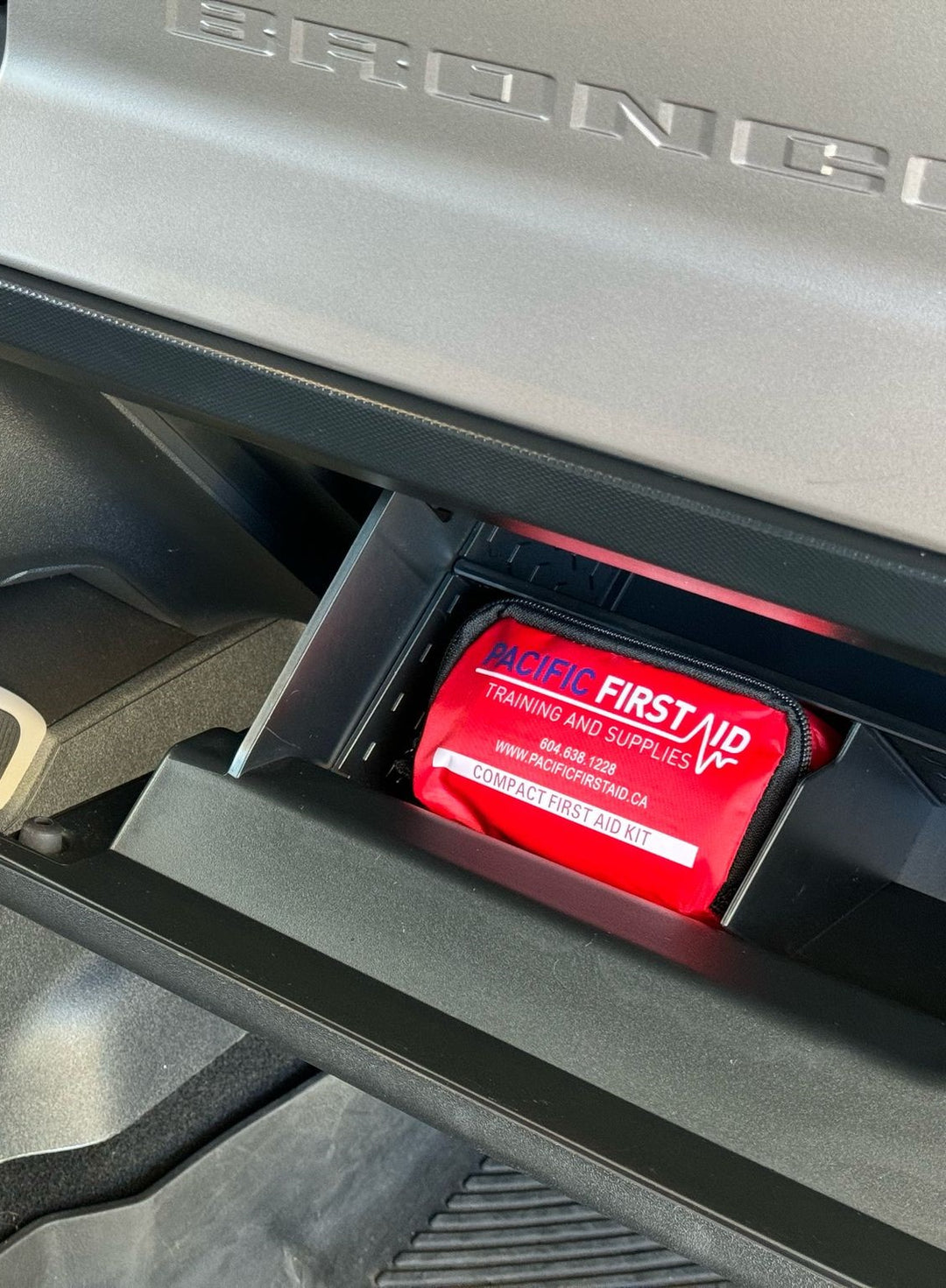
How Learning First Aid Builds Unshakable Confidence
Have you ever witnessed an emergency situation—someone choking at a restaurant, a child falling and hitting their head, or a colleague collapsing—and felt that wave of fear and helplessness wash over you?
For most people, it’s not a lack of caring that holds them back from helping. It’s a lack of confidence. They freeze because they don’t know what to do.
The good news? Confidence isn’t something you’re born with—it’s something you build, and one of the most powerful ways to build it is by learning First Aid.
Why First Aid Training Transforms Panic into Confidence
Confidence doesn’t mean you’re never afraid. It means that when fear kicks in, you can push through the feeling and act—because you know what to do.
First Aid training transforms uncertainty into action. It gives you clear, step-by-step protocols that allow you to help someone in need, especially when every second count.
Confidence in emergencies isn’t luck—it’s preparation.
1. Knowledge Replaces Panic
Imagine being in a restaurant and someone at the next table starts choking. Most people would panic, unsure of what to do. But someone trained in First Aid? They don’t freeze—they assess, act, and take control.
Why? Because they’ve replaced “What do I do?!” with “I know exactly what to do.”
First Aid courses teach you to handle common scenarios like:
- Choking and breathing emergencies
- Cardiac arrest and CPR
- Severe bleeding or burns
- Head and spinal injuries
- Shock and allergic reactions
When you have a plan and steps to follow, you don’t feel helpless. You feel ready.
2. Practice Builds Muscle Memory
Confidence isn’t built by reading about First Aid—it’s built by doing it.
In a good First Aid course, you’ll practice:
- Performing CPR compressions on manikins
- Using an AED (Automated External Defibrillator)
- Bandaging wounds
- Stabilizing someone in recovery positions
When emergencies happen, your muscle memory kicks in. You won’t have to overthink or hesitate—you’ll act instinctively because you’ve done it before.
Training also includes simulating real-life situations to practice your skills, teaching you to stay focused when others panic.
3. Learn to Stay Calm Under Pressure
Emergencies are stressful. But through scenario-based training, First Aid courses simulate the stress of real-life situations in a safe environment.
For example, you might be asked to manage a “choking victim” while others look on, or treat a mock burn scenario with limited tools.
This practice builds mental resilience—the ability to stay calm, focused, and clear-headed while everyone else is panicking. Over time, your brain learns: “I’ve been here before. I know what to do.”
4. Confidence Comes from Making a Difference
There’s a life-changing moment every First Aid-trained person remembers: the first time they help someone for real. Knowing that your actions can save a life is one of the most empowering experiences you can have.
Canadians have seen the effects of First Aid training firsthand:
- The Parent Hero: A father in Vancouver performed back-blows to dislodge a choking grape from their toddler—no hesitation—just training in action.
- The Office Leader: An employee in Burnaby performed CPR on a co-worker who collapsed at work, saying that taking First Aid training was part of his work training, but that day it became the most valuable skill they ever learned.
- The Adventurer: A hiker in Squamish was able to stabilize a friend with a broken ankle miles from the nearest road—skills practiced on manikins become real when it counts.
These stories echo a broader reality: even basic First Aid can turn fear into lifesaving action.
5. Being Prepared Changes Everything
Confidence from First Aid training doesn’t just apply to emergencies—it spills into other areas of life.
- Parents become calmer because they know how to handle accidents at home.
- Office professionals feel secure knowing they can step up if something goes wrong in the workplace.
- Outdoor adventurers gain peace of mind, knowing they’re ready for injuries on the trail.
When you’re prepared, fear turns into focus.
Who Benefits Most from First Aid Training?
Parents: Kids are curious—and accidents happen. From choking to falls, parents with First Aid training feel empowered to respond calmly.
Office Professionals: Emergencies in the workplace—fainting, heart issues, allergic reactions—are common. Knowing First Aid can make you the calmest, most reliable person in the room.
Outdoor Adventurers: When you’re far from help, a First Aid-trained person can make the difference between a close call and a crisis.
Practical Tips to Build Confidence Before Your Course
- Learn the Basics of CPR: Even a quick 5-minute video can help you feel less intimidated.
- Keep a First Aid Kit Handy: Being prepared with supplies is an instant confidence boost.
- Practice at Home: Try role-playing simple scenarios like a choking response with a family member.
- Take a Blended Course: These combine online learning with hands-on sessions, so you can build skills step by step.
The Confidence Equation: Learning + Practice + Preparedness
Confidence isn’t about never being scared. It’s about knowing that, even when fear strikes, you have the skills to act. First Aid courses don’t eliminate fear—but they give you a way through it.
Taking just one First Aid course can change how you see emergencies—and how you see yourself.
It transforms fear into readiness, hesitation into action, and doubt into confidence. With every hour of training, you gain practical skills—and the belief that when crisis strikes, you can act.
Ready to Build Your Confidence?
At Pacific First Aid, our Canadian Red Cross-certified courses are hands‑on, scenario-rich, and built to empower. Whether you're a parent, a professional, or an adventurer, you'll gain more than skills—you’ll gain confidence.
👉 Book a First Aid & CPR course today and take the first step toward being the person everyone can count on in an emergency.


